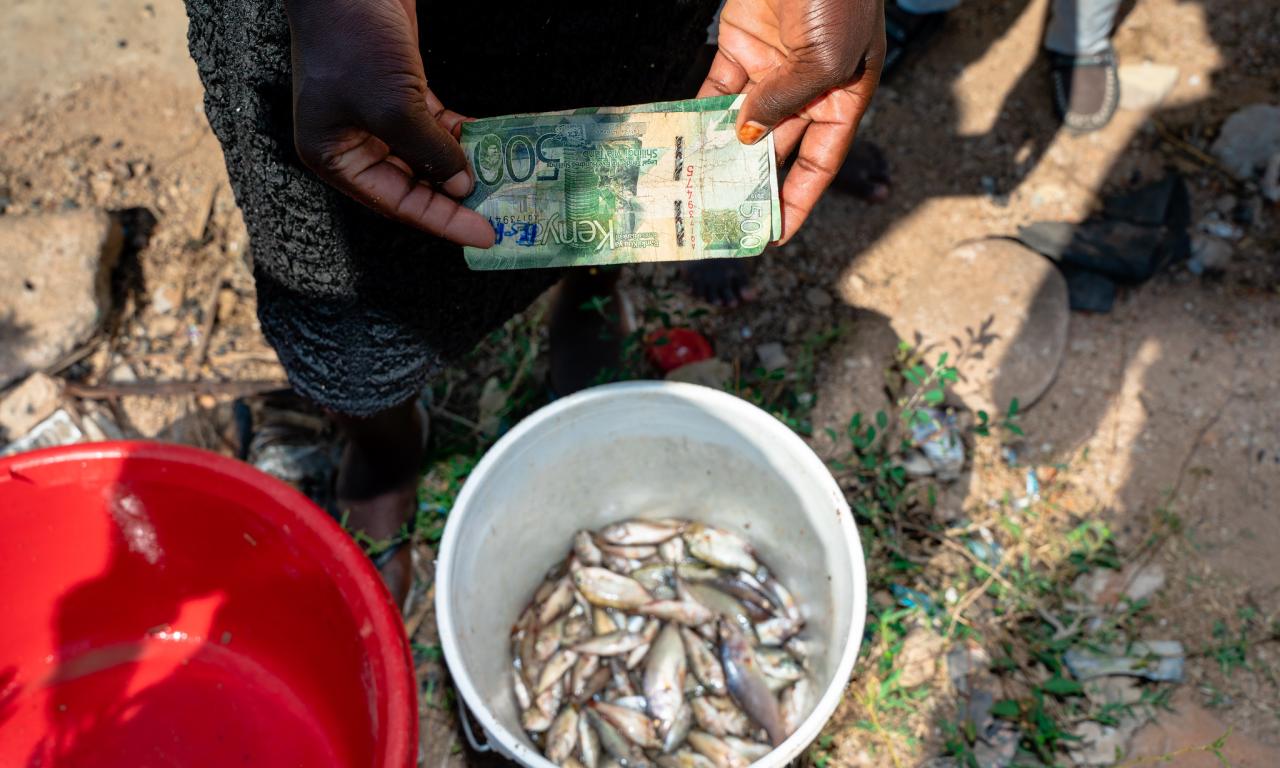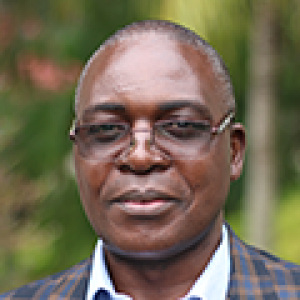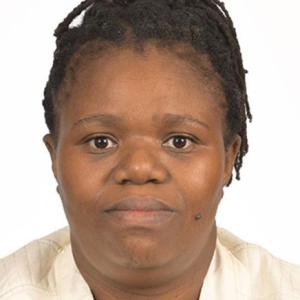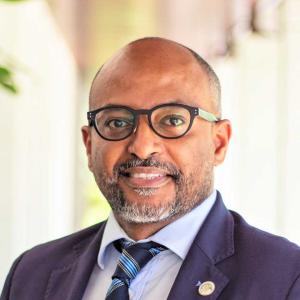
Despite an abundance of lakes, rivers, oceans, seas and mangrove ecosystems, Africa remains a net importer of fish, which cost the continent USD $4.8 billion in 2014.
With Africa’s population expected to reach 2.4 billion people by 2050, demand for fish and seafood will only continue to rise, alongside the need for sustainable forms of employment for a growing number of young people.
Given this, artisanal fisheries and SSF, which already employ some 13 million people, represent significant untapped potential within Africa’s blue economy to simultaneously improve food security, diets, livelihoods and economic outlook, contributing to greater shared prosperity.
WorldFish has been working hand in hand with African countries on their ambitious plans to overcome the challenges holding back the sector and to optimize opportunities to grow the blue economy.
A Market-Driven Approach
In 2023, WorldFish supported these goals in several African countries, adopting a systems approach for maximum benefit across the entire value chain, from improved feed and other inputs to market access and sales.
For example, with funding from the German Corporation for International Development (GIZ) and the Norwegian Agency for Development Cooperation (Norad), WorldFish was able to connect communities in rural Zambia and Malawi with high quality feed and fingerlings, as well as extension services, to help increase their household income, food and nutritional security.
At the same time, WorldFish has partnered with Rhodes University of South Africa to pilot a digital app, BUNA. The university developed the app to collect data from aquaculture farmers and deploy advisory services, including market information, to farmers in real-time.
The pilot was undertaken in Malawi and Zambia and generated valuable feedback from the Departments of Fisheries in the two countries, which helped adapt the app to localized needs. GIZ has since adopted the app in one of its projects in northern Zambia.
Meanwhile, agrodealers, cooperatives and aquaculture-based small entrepreneurs in the project areas were also trained in better management practices for aquaculture. As a result of the support they are now receiving and the proximity of necessary inputs, smallholder farmers improved their production and are now able to consider aquaculture as a business and not just a means to livelihood.
Transcending Boundaries for Shared Prosperity
Regionally, through the Programme for Improving Fisheries Governance and Blue Economy Trade Corridors (PROFISHBLUE) in the Southern African Development Community (SADC), funded by the African Development Bank, WorldFish is also working with the SADC Secretariat to build the business acumen of small and medium enterprises (SMEs) in Tanzania and Zambia. This includes outreach around the various mechanisms to attracting financing for their businesses and facilitate their participation in intraregional trade.
To improve the environmental sustainability of aquatic food systems, WorldFish has enabled aquapreneurs in Zambia to insulate their enterprises from climate-related shocks as part of the World Bank-funded Accelerating Impacts of CGIAR Climate Research for Africa (AICCRA) project. This involved using a combination of climate information services, agroadvisory services and the adoption of IAA systems in farming where aquaculture is integrated with small livestock and horticulture.
Another challenge to overcome is the slow growth of indigenous fish species in aquaculture. To this end, the Zambian government, working with WorldFish, prioritized the genetic improvement of the three spotted tilapia, with support from the Zambia Aquaculture Enterprise Development Project, funded by the Government of the Republic of Zambia and the African Development Bank.
The main objective of the three spotted tilapia genetic improvement program is to improve the growth performance of the species, targeting harvest weight as a key trait for selection. In 2022, the project produced a genetically diverse base population upon which the program is anchored. Since then, the program has produced the first improved generation of three spotted tilapia, and the best candidates have now been identified to produce the next improved generation that is better performing and resilient.
To build on these foundations, WorldFish is now scoping opportunities to work with governments, donors and the private sector, including commercial banks and insurance companies, to create innovative financing to catalyze the growth of the blue economy.
Aquatic food systems are already a critical part of Africa’s economy. However, with sustained investment and development, a thriving blue economy can have a multiplier effect that improves health, equality, environment and community well-being for future generations.



